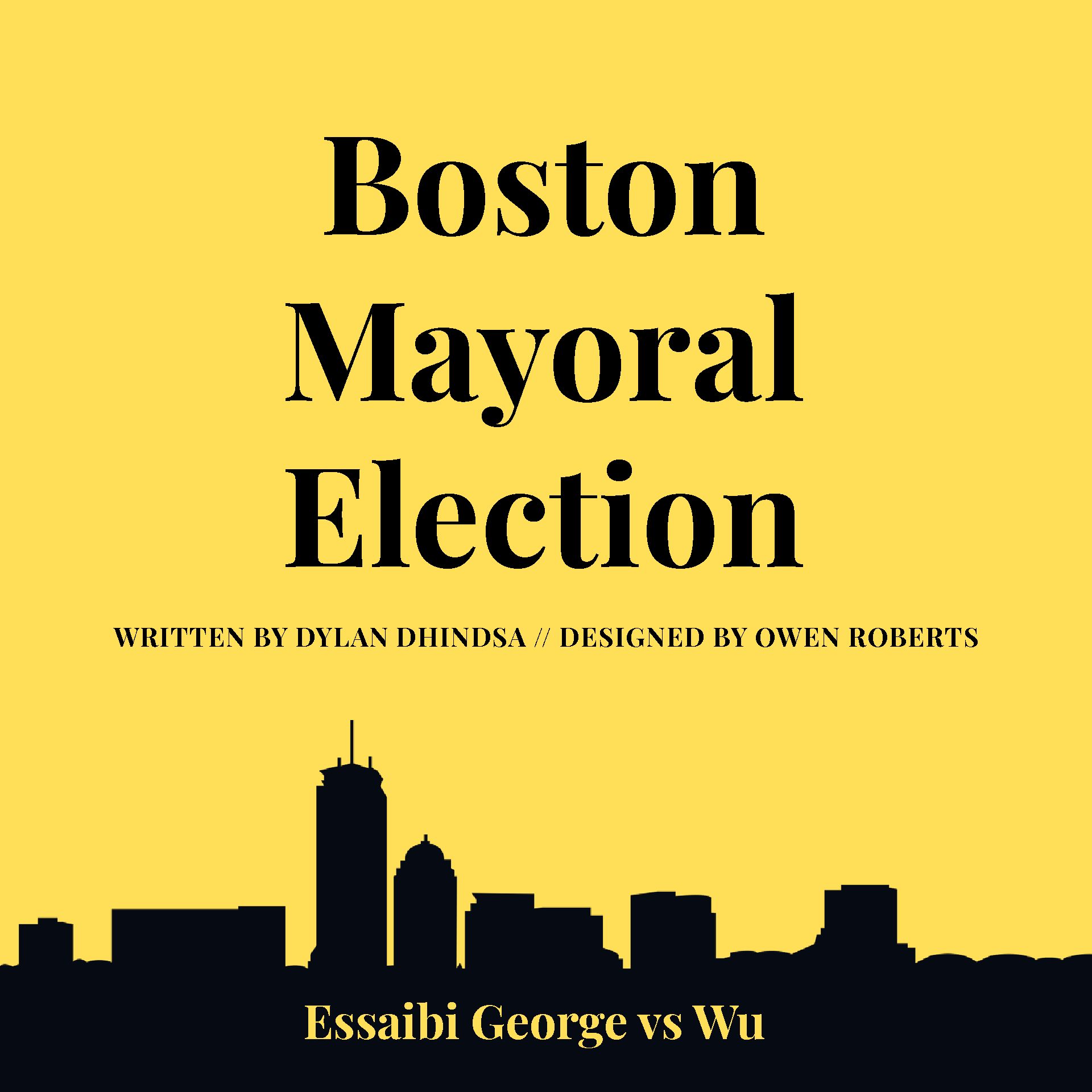
For nearly two centuries, Boston’s mayors have been white males. And while in recent years, many have been especially progressive, there’s still a severe lack of diversity in local leadership. Soon that will change. Michelle Wu and Annissa Essaibi George, both Democrats, will be facing off in the November 2nd Boston mayoral election. Both candidates’ campaigns include leftist programs addressing education, poverty, workers’ rights, and small businesses. They are also both daughters of immigrants. Wu, originally from Chicago, is the daughter of Taiwanese immigrants, while Essaibi George was raised in Boston’s Dorchester neighborhood by Tunisian and Polish parents. While Wu and Essaibi George have a lot in common, here’s how their policies will affect Bostonians differently:
First of all, Wu has voiced intentions on making public transportation free. As college students, we know the importance of saving a few bucks every day. This would help students going in and out of the city for fun, and also those who travel daily on the T for co-op and school. Wu’s campaign includes plans for the nation’s first city-level Green New Deal, with the goal of transitioning 100% of the city’s energy to renewable sources by 2030. Adding solar panels, efficient heaters and stormwater infrastructure to existing buildings is also part of her plan, which would make the city cleaner for all of us. Essaibi George’s environmental plan would still benefit Boston, but it’s not as extensive as Wu’s. Improvements to public transportation are included, as well as reducing greenhouse gas emissions, but the highlight of Essaibi George’s environmental policy is the creation of more green space, which would allow all Boston residents to live within a 10 minute walk of a park. Open space and pedestrian/bike friendly infrastructure is also something that Essaibi George has in the works.
One of the major problems in Boston is homelessness. Wu intends to address this with resources for affordable housing and plans to eliminate chronic homelessness. Wu also wants to lift the ban on rent control, making it easier for Boston residents to live in a stable household. Wu and Essaibi George both want to implement mental health services for people without homes and treatment programs for substance use disorders. Essaibi George and Wu both have plans to reform zoning processes. Essaibi George’s plans for homelessness focus on preventative measures, whereas Wu’s plans fight to heal the already-existing problem of homelessness.
While Essaibi George and Wu both have plans for police reform, their methods are significantly different. Essaibi George plans to increase Boston Police Department’s diversity and initiate mandatory yearly training on racial bias, de-escalation, and mental health crises. Expanding the cadet program to recruit students from Boston Public Schools is another one of Essaibi George’s ideas. Wu, however, takes police reform in the opposite direction with the demilitarization of the police, with bans on no-knock warrants, the use of teargas and the use of rubber bullets. Wu will divert mental health and homelessness-related calls to mental health professionals and not 911. A reduction in overtime spending in BPD would allow Wu to reinvest this money into neighborhood services. Wu also wants to remove traffic enforcement and social services from the police department’s responsibilities and create a data-driven legal system that doesn’t put people in jail for nonviolent crimes.
And although Essaibi George has been identified as a moderate, she and Wu are both leading their campaigns with progressive policies. Climate anxiety and concerns over racism and poverty are driving younger voters (like us students) to elect more liberal candidates, which explains why Wu and Essaibi George’s progressive ideas have received so much support. No matter which candidate wins, voters can rest assured knowing that Boston is heading in a progressive direction. To learn about each candidate, visit michelleforboston.com and annissaforboston.com.